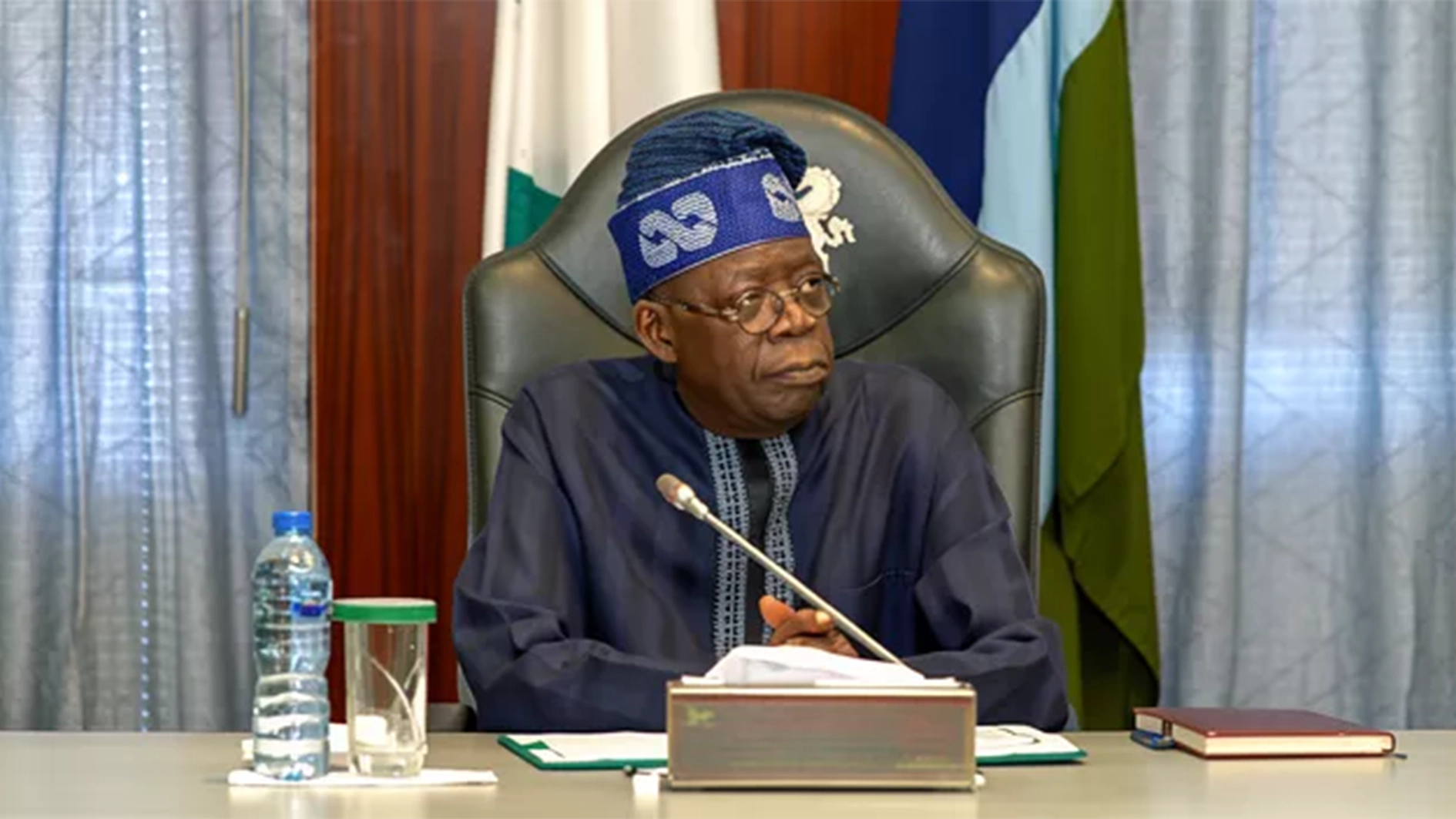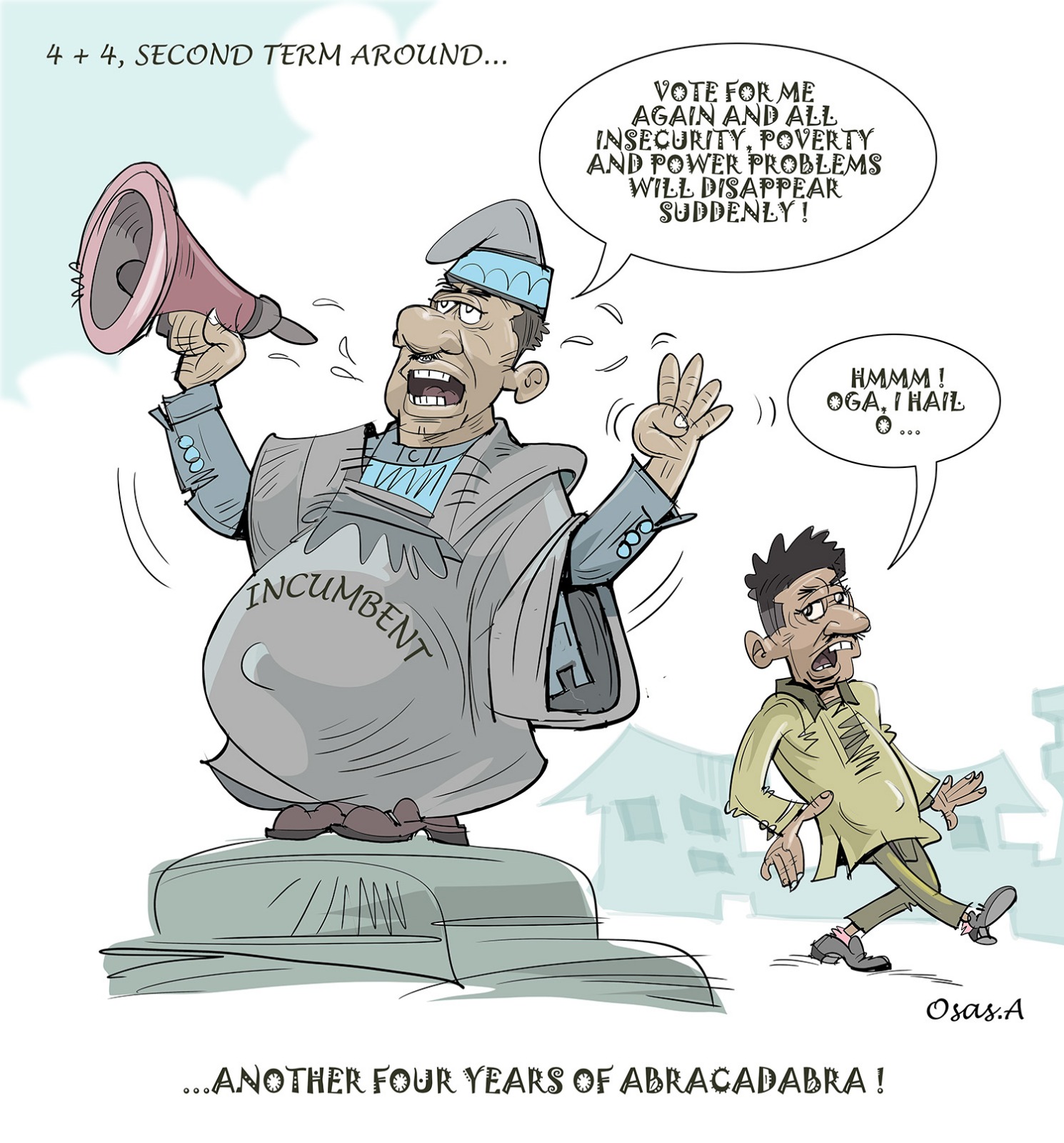General Christopher Gwabin Musa took the mantle of Chief of Defence Staff (CDS) at a pivotal, perhaps existential, moment for Nigeria. The security architecture he inherited is under siege from multiple, seemingly intractable foes. His leadership, therefore, is not merely a professional posting; it is a profound test of strategic willpower, placing him in the demanding lineage of generals who secured nations against overwhelming odds. The magnitude of the task in Nigeria demands a review of his performance against the backdrop of historical military triumphs.
The security crisis in Nigeria is a hydra-headed monster, far removed from a conventional insurgency. It involves the entrenched jihadist forces of Boko Haram and Islamic State’s West Africa Province (ISWAP) in the Northeast, widespread banditry and mass kidnapping across the Northwest and North Central regions, long-running, deadly farmer-herder conflicts, and rising separatist agitation in the Southeast and Southwest. This confluence of threats strains Nigeria’s resources, logistics, and morale, all while operating under the intense global scrutiny of a nation wrestling with weak institutions and pervasive poverty. It is a four-front war—simultaneously internal, criminal, ideological, and political—making Nigeria arguably one of the most complex security theatres in the world today.
Great generals are not defined by the ease of their campaigns, but by their ability to achieve victory despite strategic handicaps. General George Washington, for instance, fought the superior British forces not just with muskets, but with a strategy that integrated diplomacy and intelligence, all while managing a fractious, under-resourced Continental Congress. Washington demonstrated that victory required patience and the masterful orchestration of all instruments of national power.
Similarly, General Matthew Ridgway’s success in turning the tide of the Korean War hinged on moral rearmament, disciplined, and aggressive operational command against a numerically superior foe. These leaders understood that sheer kinetic power is insufficient; success requires a deep, almost psychological grasp of the conflict’s root causes and the morale of their own troops and citizens. The “Musa Way” must be measured by this standard: a strategic vision that looks beyond the battlefield.
General Musa, since assuming the CDS role, has rightly emphasised a shift toward non-kinetic, soft approaches, prioritising community engagement, robust military-civil relations, and intelligence-driven operations—a necessity given the fragmented, decentralised nature of the threats. His previous posting as the Commander of the Joint Task Force in the Northeast provides a granular understanding of the operational environment.
However, the sheer scale of challenges—porous borders facilitating arms proliferation, suspected political interference, and the lucrative economy of kidnapping—creates a near-constant drag on progress. He must not only command the three services but also act as a crucial link between the political leadership and the war-weary troops, all while pushing for institutional reforms to tackle corruption and enhance accountability. His challenge is unique in its breadth, requiring him to be strategist, diplomat, and reformer all at once.
The journey from test to triumph is never linear, especially when the enemy is diffuse and often indistinguishable from the civilian population. General Christopher Gwabin Musa is currently navigating this difficult path, balancing the immediate need for decisive kinetic action with the long-term imperative of building trust and addressing the socio-economic drivers of conflict.
His efforts reflect a necessary move towards a comprehensive national security strategy, reminiscent of great generals who understood that victory is achieved not just by defeating the enemy, but by restoring the confidence and stability of the nation. For Nigeria, the test continues, but the resolve displayed by its current defence chief suggests a purposeful commitment to securing the country’s future, one strategic step at a time.
Awodi wrote from North Carolina, USA.
He can be reached via:awodikenoutlook.com






